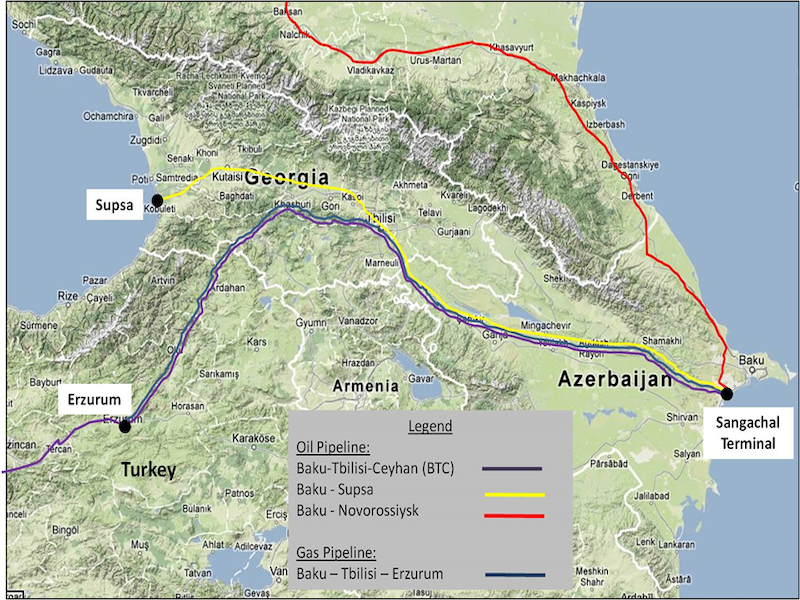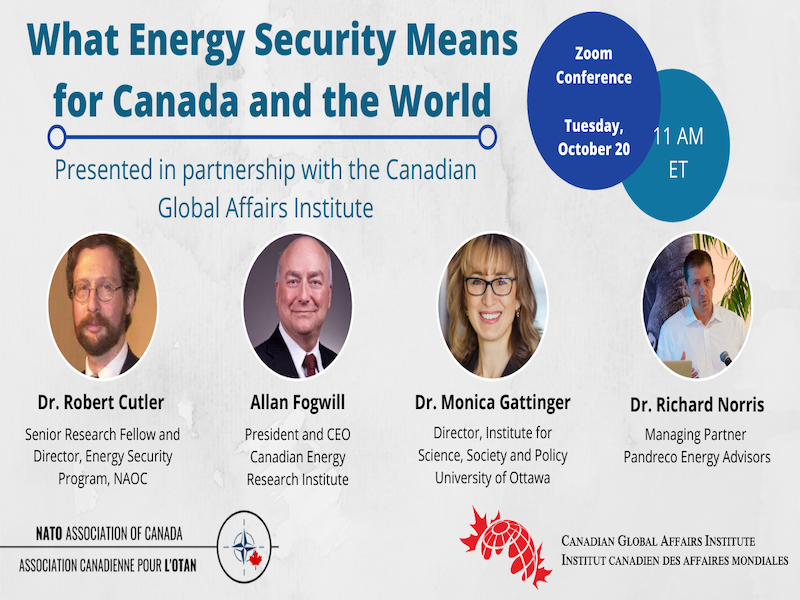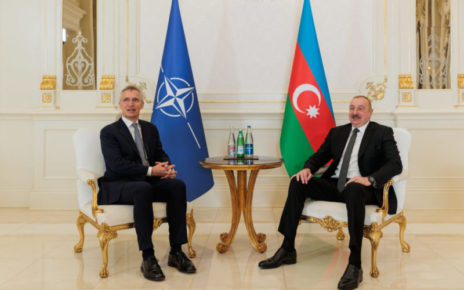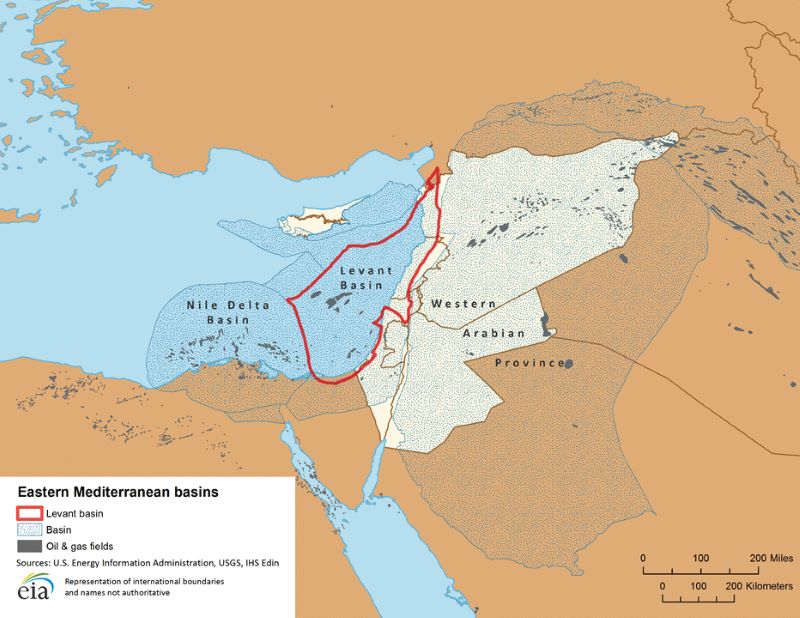An analytical commentary by Robert M. Cutler, Director of the Energy Security Program, titled “Where does energy fit in the new military clashes with Armenia?“, was published on 28 July 2020 by the independent News.Az Online News Agency
As is well known by now, in mid-July new military hostilities erupted between Azerbaijan and Armenia. They erupted nowhere near Nagorno-Karabakh or the line of contact between the two sides, but rather in Tovuz district, northwest Azerbaijan, not far from Ganja, the country’s second largest city.The broader region is a 100-kilometer wide salient bordered by Russia in the northeast and by occupied Nagorno-Karabakh in the southwest. It has recently acquired the name “Ganja corridor”, or sometimes “Ganja gap”, because the valley where Ganja city is situated is a crucial pathway for the entire infrastructure that transmits Caspian Sea energy resources to Europe and the West. …
This article continues at: https://www.news.az/news/where-does-energy-fit-in-the-new-military-clashes-with-armenia
It is archived at https://archive.is/wip/CnnRK
Cover Image: Oil/Natural Gas Pipeline (Azerbaijan) (2014), by MDMPwizard via Wikimedia Commons. Licensed under CC BY-SA 3.0.
Disclaimer: Any views or opinions expressed in articles are solely those of the authors and do not necessarily represent the views of the NATO Association of Canada.




